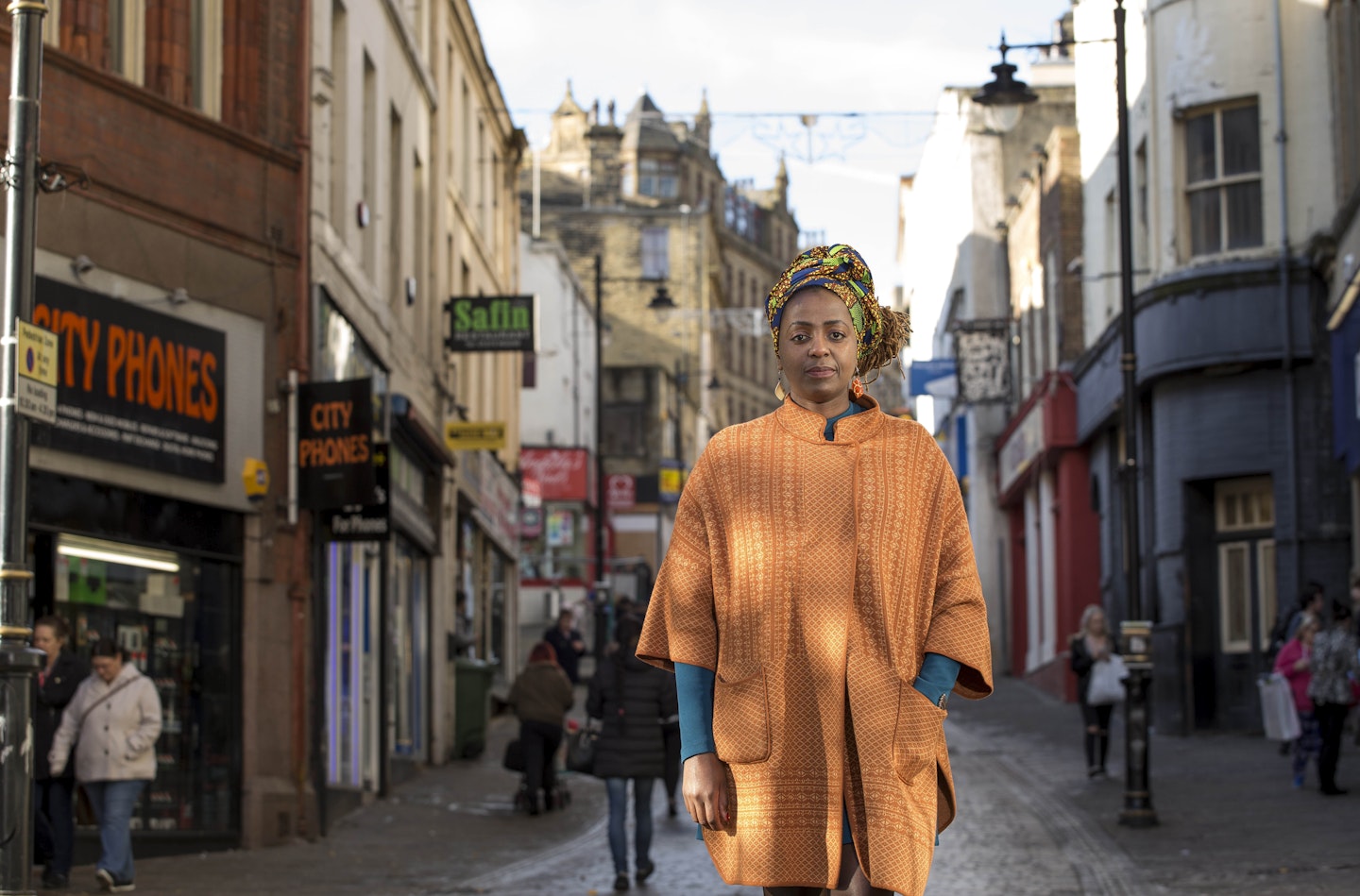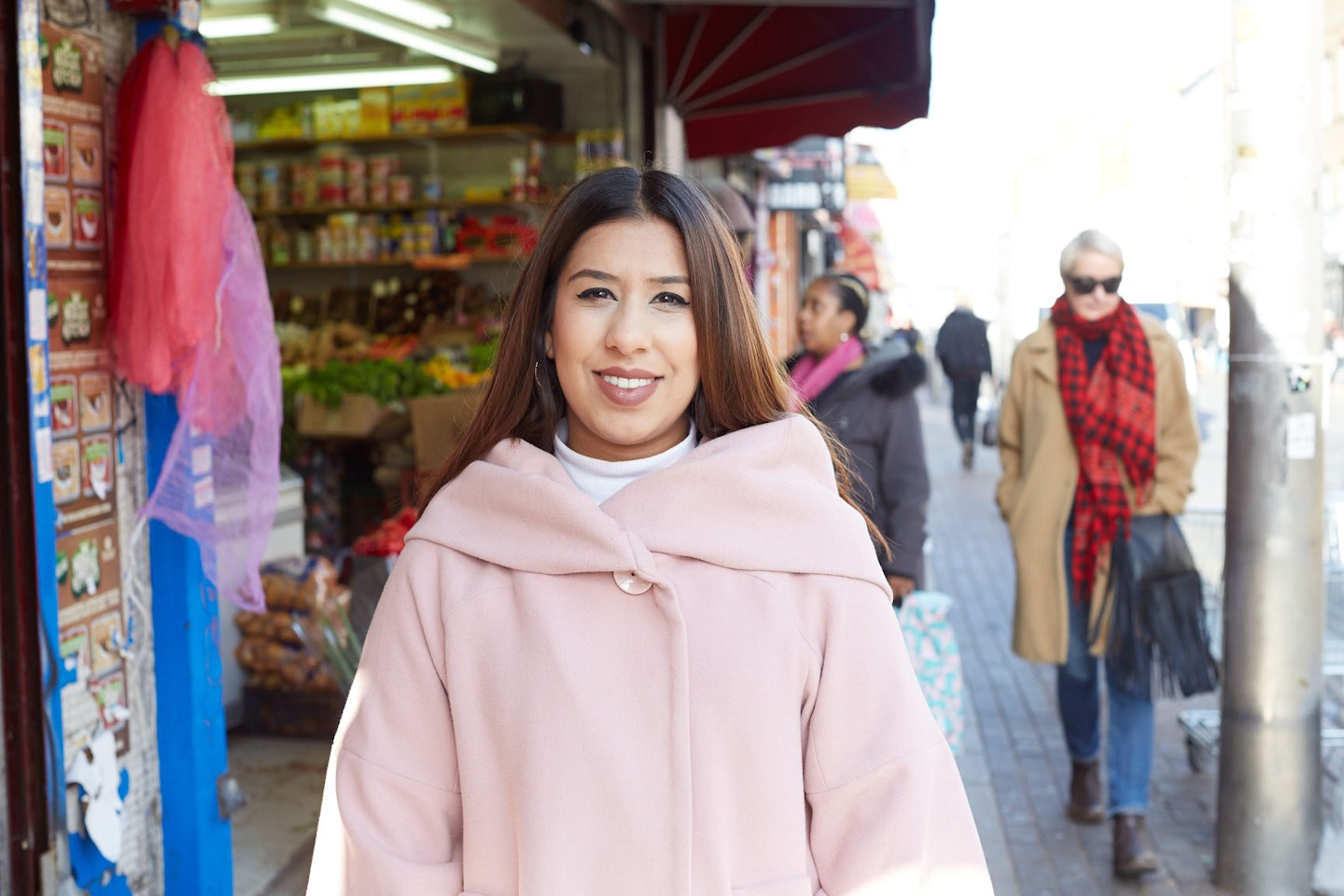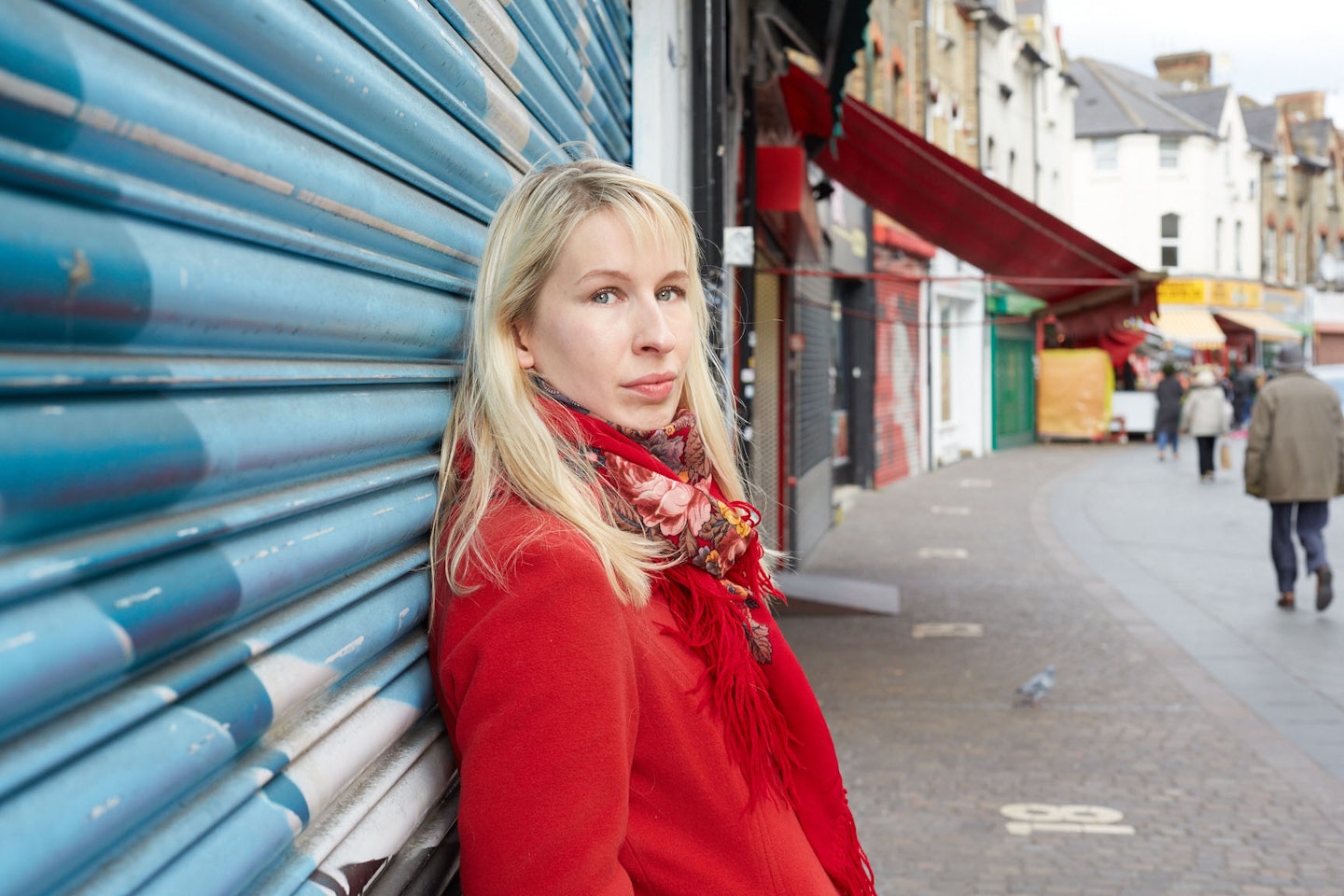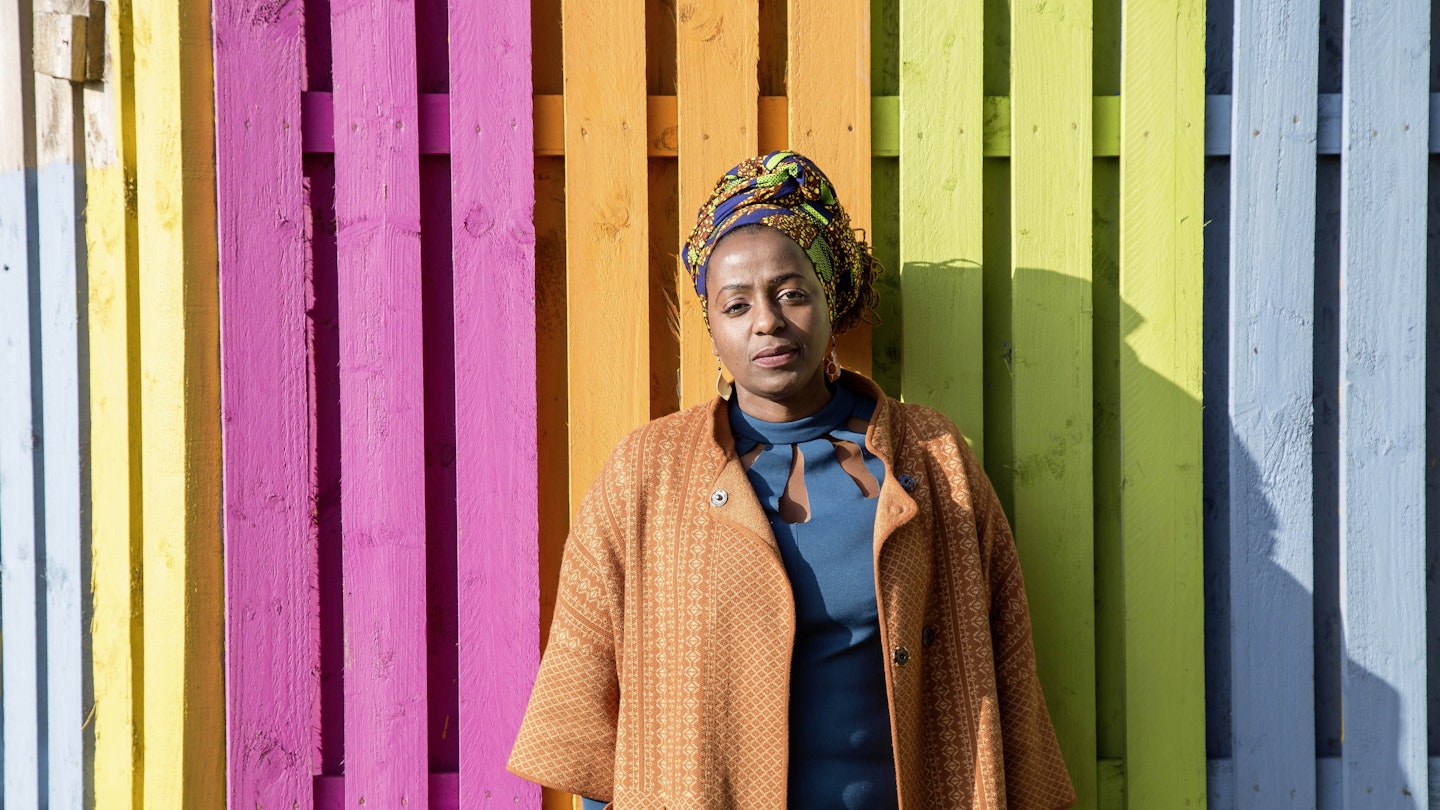Nearly six months on from the referendum, so many questions remain. Are we in for hard or soft Brexit? Will we wangle access to the single market or face a cold shoulder from our neighbours? But one thing is certain: the atmosphere across the UK is palpably different. Speak to anyone who isn’t white or whose first language isn’t English, and they’ll tell you that racist abuse – and language that we last heard in the 1970s and ’80s – is back.
Home Office figures show the number of hate crimes leapt by 41 percent in the month after the vote to leave the EU on 23 June, prompting the United Nations to intervene and slate our politicians for leading toxic, xenophobic campaigns that set the stage for an outpouring of hatred.
Student Karissa Singh set up @PostRefRacism on Twitter to ensure this racist deluge didn’t go unnoticed, after she and her brother were abused in the middle of a busy bar in the daytime in Central London, just days after the vote.
‘We were approached by a middle-aged white man telling us that we “would never be true British” and that he “didn’t care if we were here to be doctors or lawyers or whatever, just go back and do it in your own country”,’ explains Karissa.
Indeed, a number of organisations are tracking the rise in hate crime – for example, iStreetWatch enables users to log incidents on a map – and the Home Office and police insist they take a zero-tolerance approach. But with new research saying 170,000 hate crimes go unreported each year, nobody knows the true scale.
‘We need to change the narrative,’ says Karissa. ‘We need to start telling real stories about those we have dehumanised and vilified, to help people to realise that these people are no different from them.’
Here, three women share their personal experiences of life after Brexit.
‘It’s not enough to say, “I’m not racist”’

Penny Wangari-Jones, 32, from Leeds, works for the Racial Justice Network, and rights group Migrants Organise. She moved here from Kenya when she was 17
I work with refugees and asylum-seekers. After the referendum, I had friends and colleagues who wouldn’t answer their phones on public transport because if people heard their language or their accent, they would receive abuse.
I’ve been the victim of verbal and physical racist abuse, but there has been an escalation since the referendum.
One incident that sticks out happened when I was on a train – I was the only black woman and was surrounded
and intimidated by a group of men, who grabbed me as I got off.
You do feel helpless, thinking how can all this be turned around? That’s why, after Brexit, I decided to make a video called 5 Ways To Disrupt Racism. It’s not enough to say, ‘I’m not racist.’ You have to be active when you come across it. The video came from me thinking about how I would have wanted the people around me to behave. So far it’s had over seven million views and been watched all over the world.
Racism isn’t always visible – it can be subtle, like when a shop worker looks over my £20 note in a way that she never does with white people. But when racist abuse does happen on the street, I want people who witness it to report it. People assume the victim will do it, but that’s not always the case. I know people who have to do breathing exercises just to get through the anxiety of stepping outside their front door. That’s scary and not fair.
Repeating the abuse that happened can be very upsetting, but I want to use my story to raise awareness. The problem is people doubt that this is even happening. Poor education and misinformation have been big factors in leading to the situation we’re in now. The media needs to be held accountable for what they print – people quote it to their friends, exaggerate it, and in the end, they no longer realise that it’s not right.
Watch Penny’s video at racialjusticenetwork. co.uk/5-ways-to-disrupt-racism/
‘I was abused three times In three hours’

Harjeet Sahota, 25, was born in Birmingham and lives in London. She’s an account executive for a construction and planning PR firm
The weekend after the referendum, I was abused three separate times in the space of three hours. I’d been at a family wedding in Bristol and was travelling home by train at around 7pm. Two men were on the platform opposite me at the station; they started shouting and swearing that I should go back to my own country. It was a busy platform, and I looked around as if to say ‘Are you hearing this?’ but everyone just stared back at me.
When I got on the train and went to sit down, a man sitting at the table said, ‘I am not sitting in front of a Paki for the next two hours.’ For a moment, I thought there must be a hidden camera somewhere – it seemed like a joke. I said, ‘Sorry, what was that?’ but then he stood up and got very aggressive. This time I felt a bit braver and so I turned to the other people in the carriage and said, ‘Can you hear this? Why are none of you saying anything?’ But nobody answered – they were doing that awkward thing of pretending not to know what was happening. I was so tired – it had been a long day, I had a suitcase with me, and it was a busy train – but I was left with no choice but to move to another coach.
Then, on my final train from Paddington to South London, two guys, who were quite drunk and sitting opposite me, started saying, ‘Thank f**k we voted Leave. Shouldn’t they all be gone by now?’ while gesturing at me. That night I thought, is this what daily life is going to be like from now on? Prior to the referendum, I experienced racism once a year, if that.
There’s been a definite change in the public mood. Travelling around now makes me anxious. I used to feel that if I was in a public place, I was safe – not any more. The fact that nobody spoke up shocked me the most. You have to accept that there are stupid people around – you can’t change that – but for everyone else just to sit by, looking awkward, allowing it to happen... that still upsets me.
Both sides of the referendum campaign were really poor – Nigel Farage’s ‘Breaking Point’ poster, the xenophobic rhetoric, the way immigrants were blamed for everything that’s gone wrong in the country, the fact David Cameron referred to migrants in Calais as a ‘swarm’, the column in The Sun calling migrants ‘cockroaches’ – it emboldened racists to think this is OK, this is the norm.
I’m British, of Indian descent, Sikh by religion, I went to Manchester University, I grew up in Birmingham and I live in London – it pains me that a few words from an ignorant person can make you feel like you’re different and that you’re just your colour.
Since Trump’s victory, I urge people to challenge all forms of racism. I helped to get Sadiq Khan elected as London mayor; Theresa May should be focusing on his message of social integration.
‘I can’t speak a different language In the street’

NHS coordinator Talia McNeill, 29, lives in South London. She’s studying to become an interpreter, and moved to the UK from Russia when she was 11
I’ve lived here for 18 years – I came here as a child and I’m very well-integrated, but I feel less welcome since the referendum. I was on Tottenham Court Road in the middle of London three weeks after the vote. I had just finished talking on the phone – I was speaking Russian – and a man said to me, ‘You have to go back now – you’re a foreigner.’ I was so shocked to have this happen in the centre of London – a cosmopolitan city that I love. I’ve been going to self-defence classes, so I felt assertive enough to respond; when I told him to go away, he
started shouting and swearing at me.
The problem is that racist abuse is often minimised by those who’ve never experienced it. It makes you feel less secure because you have no idea what other people are thinking – you don’t know if you’re standing next to someone who holds racist views or not. I’ve had colleagues say, ‘Oh it’s not that bad,’ but that’s easy for them to say because they’ve never experienced it.
I’ve been studying German and I recently went to Berlin to see if I could consider living there instead of London. I’ll be here in the UK for the next couple of years because of my studies but, in the long-term, I don’t want to live somewhere I’m restricted, somewhere I feel unsafe. At the moment, I feel like I can’t speak
a different language in the street and I can’t express my opinions. It’s these little everyday forms of freedom of expression that are important to me.
